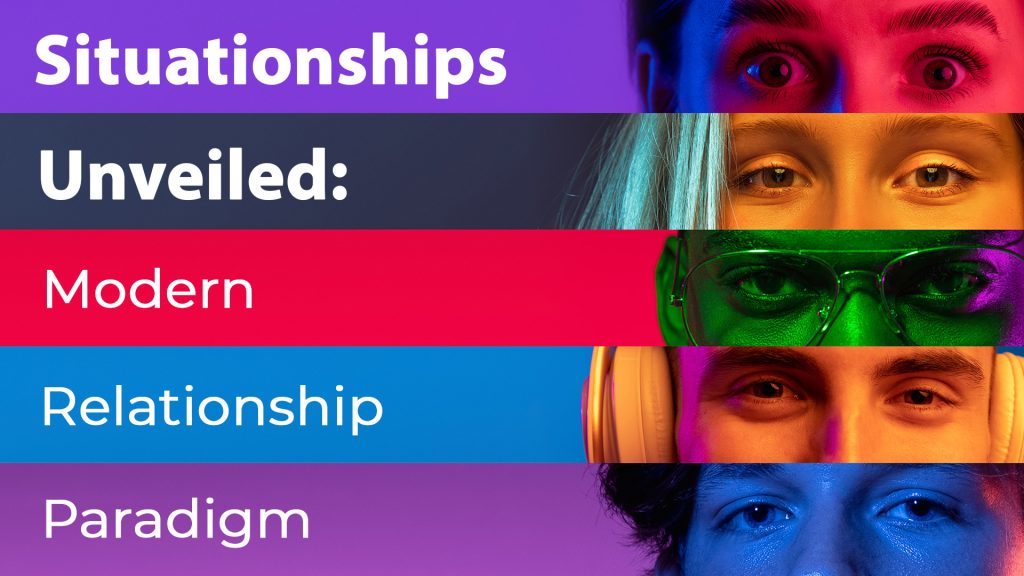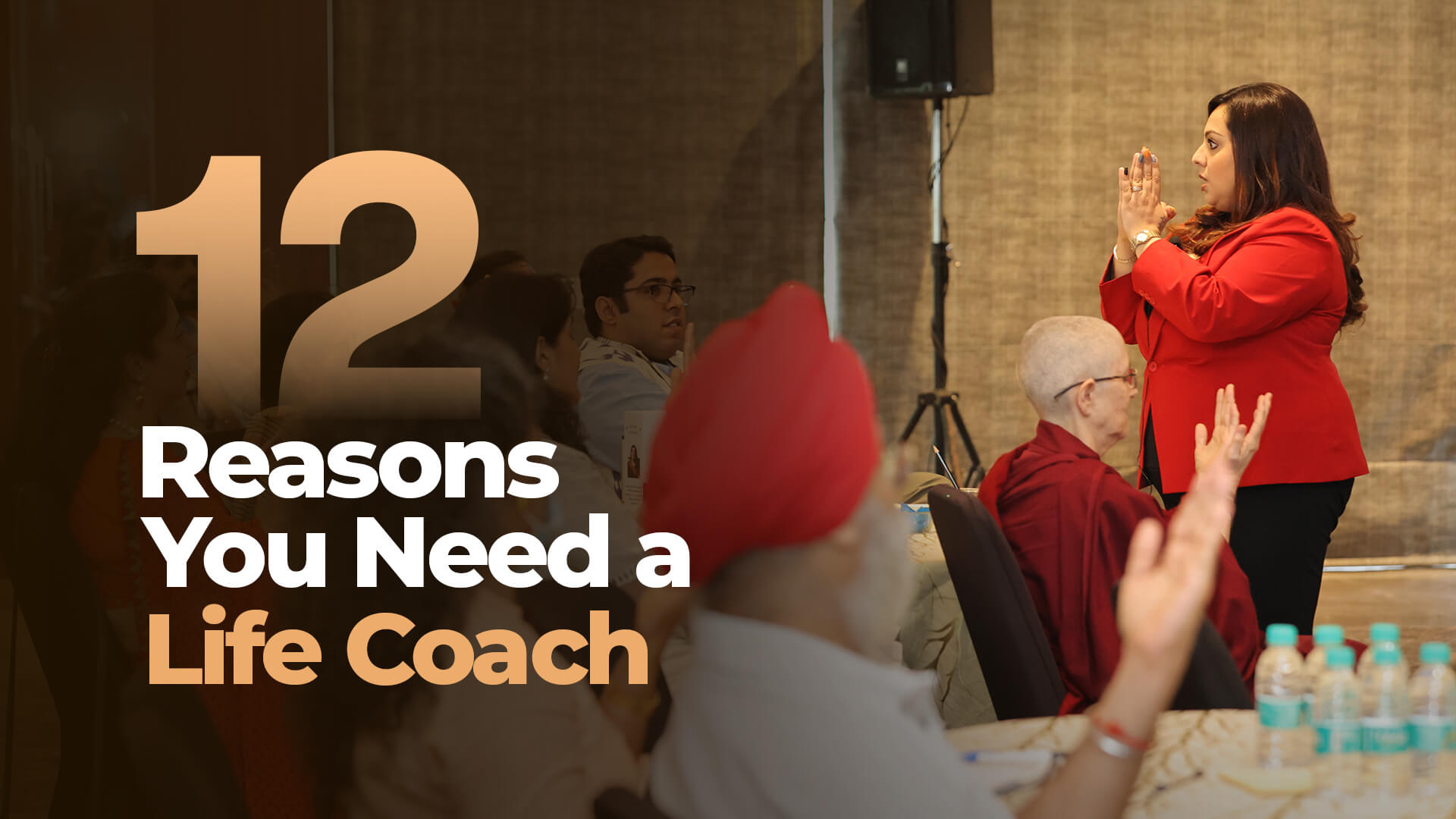Understanding the Situationship Spectrum:
Yes, you heard it right – SITUATIONSHIP.
The term emerged in recent years as a way to describe a relationship paradigm that exists in the ‘grey’ area between friendship and a committed partnership. Both the boundaries and expectations are undefined & refer to a ‘TAG’ where two people are involved in a perplexing connection, which includes some convenient aspects of a romantic relationship, such as physical or meagre emotional intimacy, however lacking the most fundamental factor of a relationship, i.e., commitment.
In a situationship, the individuals involved can spend time together, go on romantic dates, watch movies together, get physically intimate, and meet each other’s, family members. They can even share a certain level of emotional connection. However, the essential trait of being in a situationship is the absence of clear expectations or commitment, leaving the future confused and uncertain.
Why do people prefer a situationship?
There can be multiple reasons for an individual to enter into a situationship. Some have been heartbroken in the past after investing a bit too much time and energy. At the same time, some can’t handle commitments because they feel that being in a relationship is going to take away their freedom to be themselves. Generally, at the core, the situationship is fostered between two individuals with different attachment styles and are not aiming for permanency. The ones with avoidant style usually are the ones who cause the advent of situationship as they get to enjoy the lack of any strict liability/responsibility and are free to hold dear their personal autonomy. In contrast, the ones with an anxious style might suffer as they feel the insurmountable urge to control the facets of this relation, usually because of the triggers of immense unpredictability.
What to expect in a situationship?
Expecting absolutely nothing is going to be the best way to cope if you choose to be in a situationship. It means sailing a ship that would only continue to float in certain situations, not a ‘come may what’ kind of partnership.
Can a situationship later on become a relationship?
The high chances are no. Situationship start between people who subconsciously or consciously do not want a deep commitment and want a paradigm where they would never end up together. Expecting a situationship to turn into a relationship is like betting on a losing horse. It might win if the stars align, but the probability is very low.
Flourishing in a situationship
Perceiving the situationship and the people involved in it as they are and not delving into wishful thinking about the future is the key to surviving a situationship. Defining your boundaries and being mindful of your expectations and your partner’s limits is essential.
Remember, it all boils down to understanding the difference between adjustment and compromise. If you accept the way your partner is, then you try to adjust to the little things that they expect from you. Otherwise, it is bloodshed where every small gesture means compromise, resulting in a toxic setup.
At times, a situationship is the perfect state to be in as both parties explore and find themselves, with a light-hearted companionship. When you do not have much energy, care, or time to spare, however, if you realise that you are now ready for ultimate intimacy, you should either talk about your changed expectations or exit the relationship. Sometimes you may be uncomfortable with a situationship or want to be in a relationship. Life is not very easy, so it may be difficult to come to terms with our relationships and their complications.
The best way forward in these scenarios is to reach out to your friends and family and to talk to them; if that does not bode well, then reach out to a professional because, with a therapist or a counsellor, you have the space to explore yourself and be open and voice your opinion and eventually come to term with things and embrace life for what it is and move forward confidently.
Navigate the complex world of situation-ships confidently—understand your needs, set clear boundaries, and find the strength to adapt or move on, so click here to consult with a professional today.
Reach Dr. Chandni’s support team at +918800006786 and book an appointment.









Useful article, thank you. Top article, very helpful.
Best best best..